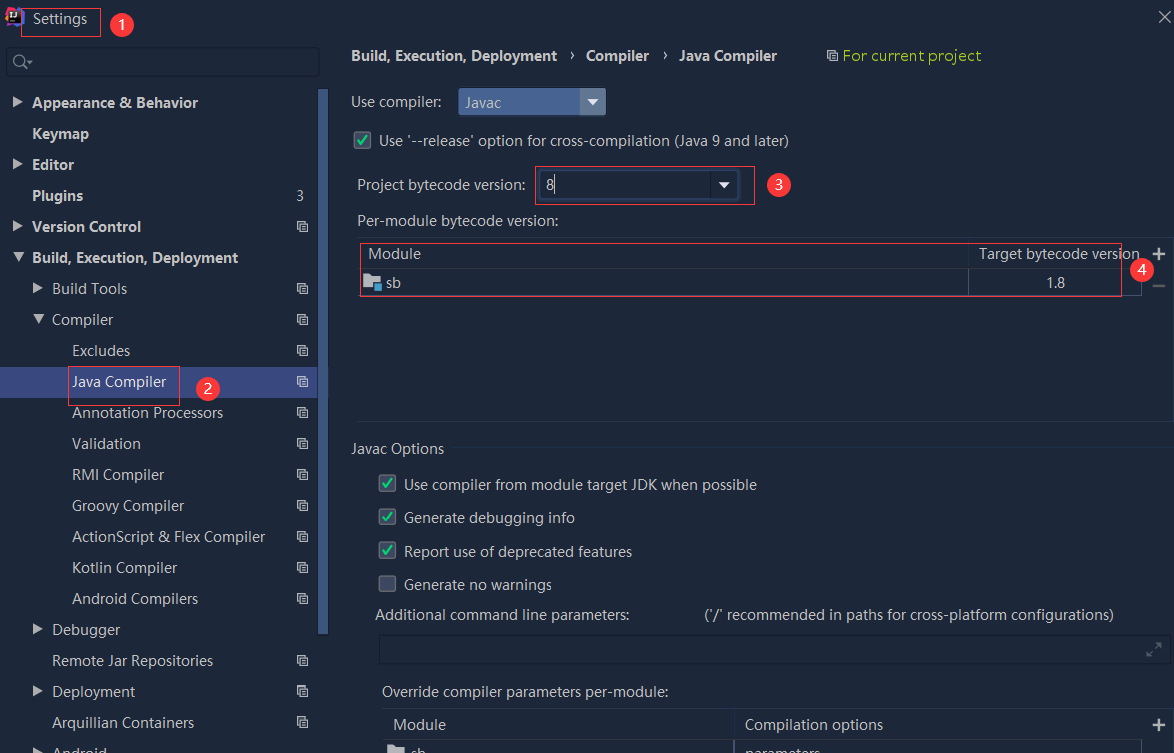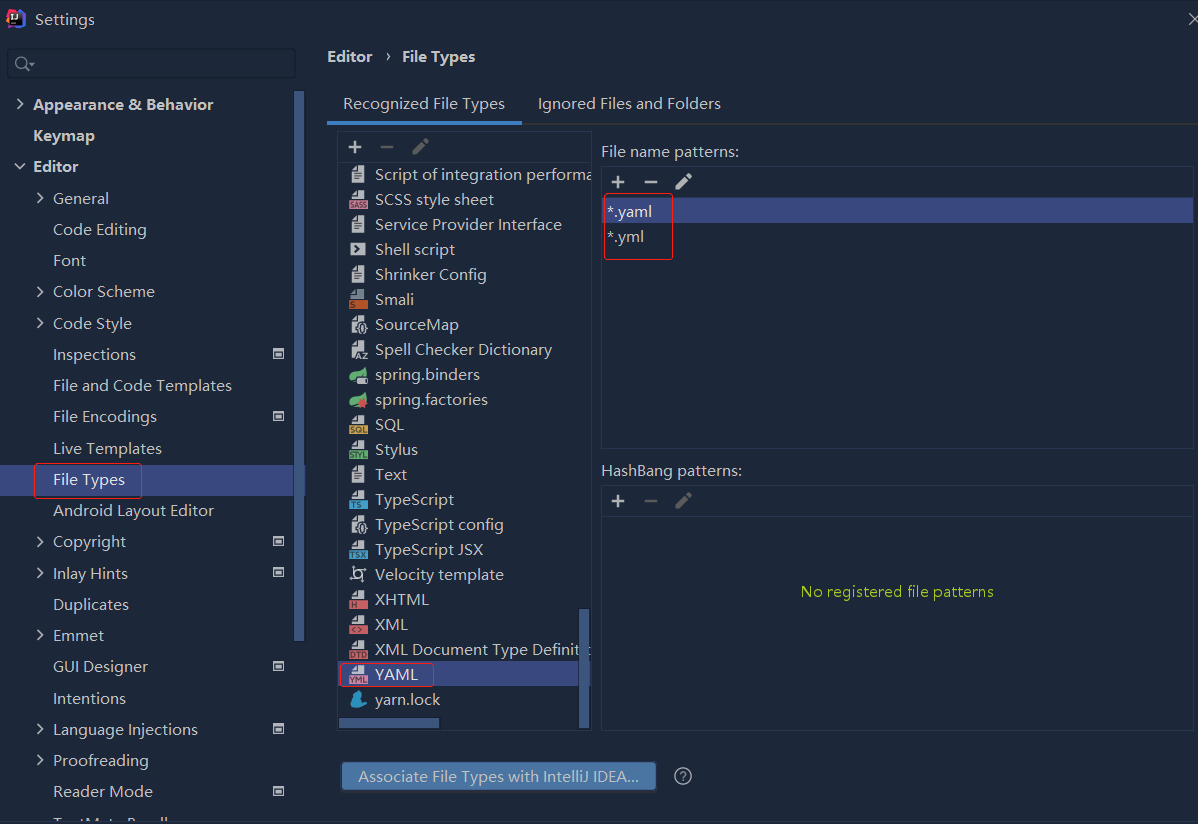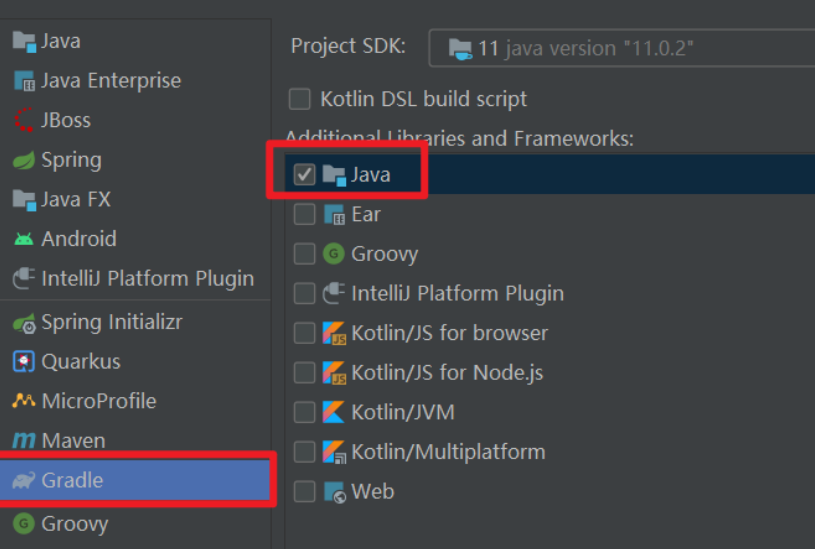问题描述
最新argparse版本改变了它测试所需参数的方式,而次级解析器也陷入了困境。它们不再是“必需的”。http://bugs.python.org/issue9253#msg186387
当您获得时test.py: error: too few
arguments,就会反对您没有给它一个“子命令”参数。在3.3.5中,它经过了该步骤,然后返回args。
进行此更改后,3.3.5的行为应与早期版本相同:
ap = ArgumentParser()
sp = ap.add_subparsers(dest='parser') # dest needed for error message
sp.required = True # force 'required' testing
注-既dest和required需要进行设置。 dest需要在错误消息中为此参数命名。
这个错误:
AttributeError: 'Namespace' object has no attribute 'do'
之所以生成该cmd文件,是因为该子解析器未运行,并且没有将其参数(默认值或未设置)放入名称空间。您可以通过定义另一个子解析器并查看结果来查看效果args。
解决方法
以下使用argparse的子解析器的代码在Python 3上失败,但在Python 2中按预期运行。在比较了文档之后,我仍然不知道为什么。
#!/usr/bin/env python
from __future__ import print_function
from argparse import ArgumentParser
def action(args):
print(args)
if __name__ == '__main__':
std = ArgumentParser(add_help=False)
std.add_argument('standard')
ap = ArgumentParser()
sp = ap.add_subparsers()
cmd = sp.add_parser('subcommand',parents=[std],description='Do subcommand')
cmd.add_argument('arg')
cmd.set_defaults(do=action)
args = ap.parse_args()
args.do(args)
Python 2.7.6的输出为:
me@computer$ python test.py
usage: test.py [-h] {subcommand} ...
test.py: error: too few arguments
在Python 3.3.5中,我得到:
me@computer$ python3 test.py
Traceback (most recent call last):
File "test.py",line 21,in <module>
args.do(args)
AttributeError: 'Namespace' object has no attribute 'do'

 依赖报错 idea导入项目后依赖报错,解决方案:https://blog....
依赖报错 idea导入项目后依赖报错,解决方案:https://blog....
 错误1:gradle项目控制台输出为乱码 # 解决方案:https://bl...
错误1:gradle项目控制台输出为乱码 # 解决方案:https://bl...